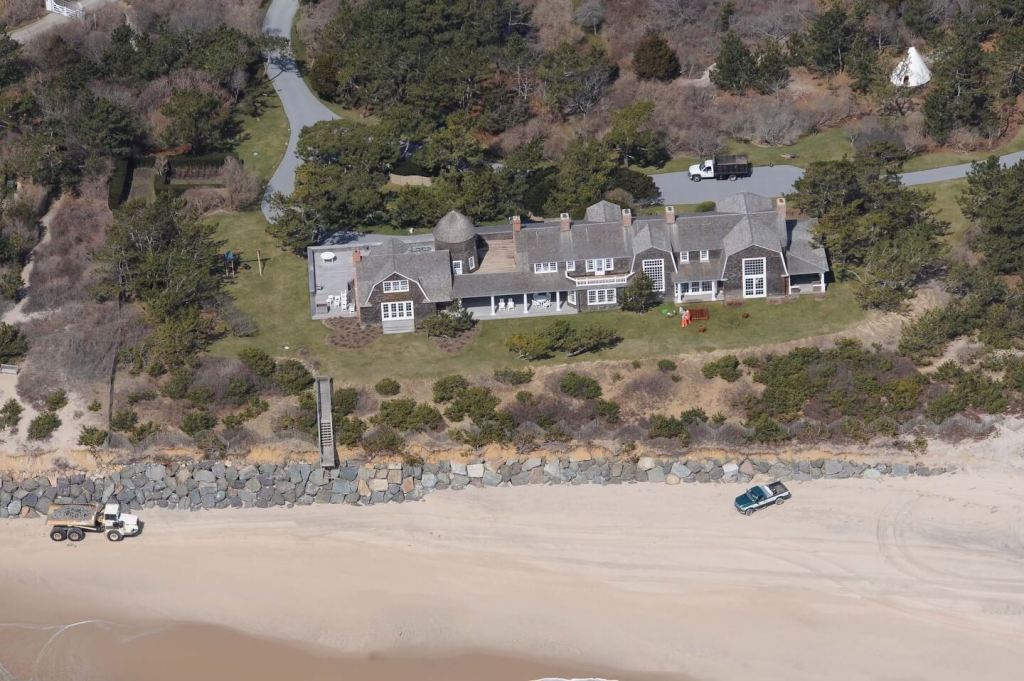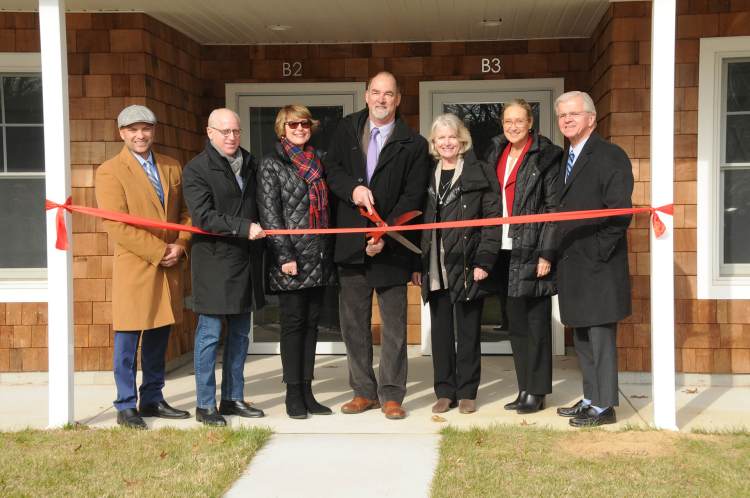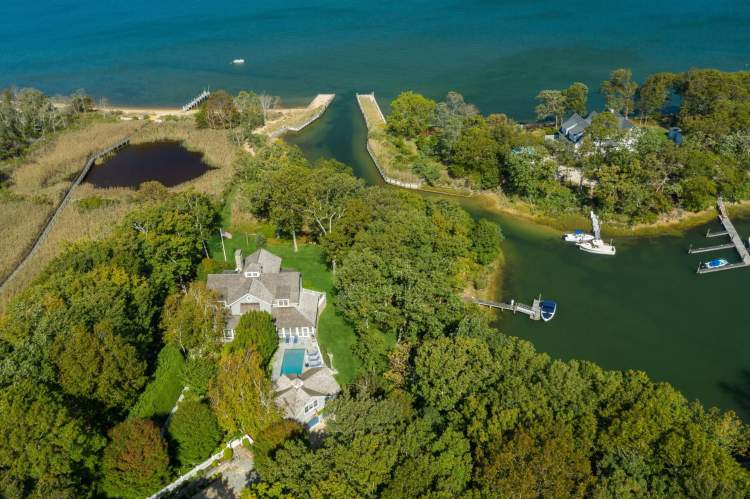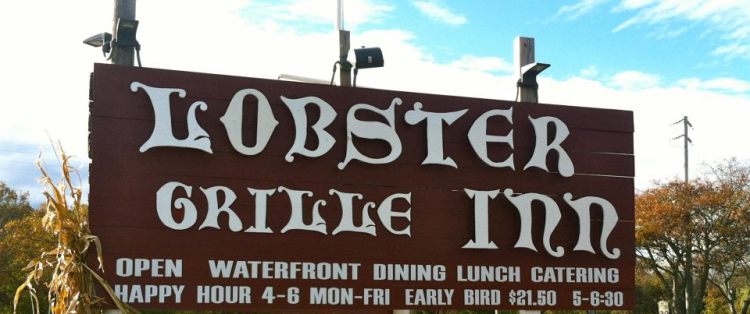Assemblyman Fred W. Thiele Jr., the architect of the Peconic Bay Region Community Preservation Fund, is calling on the office of the state comptroller to perform an audit of the fund.
While the fund has been a success, collecting $1.73 billion since it was created in 1998 and preserving more than 10,000 acres of land in the five East End towns, an independent review is wise, especially following “the dramatic growth” the fund experienced during the COVID-19 pandemic, says Thiele, who sent a letter to Comptroller Thomas P. DiNapoli’s office on September 9.
“However, even the best programs require review and oversight to insure that they are maximizing their stated goals effectively and efficiently,” Thiele says.
The fund, financed by a 2% real estate transfer tax, has been used to acquire land for the purposes of open space, farmland, parkland and historic preservation. In 2015, the law was amended to expand the program and allow up to 20% of the revenues collected to be utilized for water quality improvement projects.
“By all accounts, the CPF has been overwhelmingly successful in achieving its goals,” Thiele says in the letter. “The Community Preservation Fund has generated the revenue necessary for conservation to keep pace with the incredible rate of development on the East End of Long Island, insuring that the region did not become just another suburb.”
In 2008, a decade after the funds were first established, Thiele and then-Senator Kenneth P. LaValle asked the comptroller perform an audit of the fund. In response, in 2009, the comptroller issued recommendations that led to administrative improvements and legislative action, which, Thiele says, “served to markedly improve the administrative and operation of the funds.”
Twelve years later, “it is time that the fund again be subject to an independent review by your office. I had hoped to make this request sooner, however, the COVID-19 pandemic delayed my request.”
During the pandemic, the CPF revenues have climbed to new heights as people fled New York City and purchased homes on the North and South Forks. Over the last 12 months, the revenues more than doubled over the average annual revenue for the last decade.
“Consequently, with the flood of additional revenues, an independent review of the operation of the CPF is more necessary than ever,” Thiele says. “Taxpayers should be assured that the CPF is being administered and implemented as required by law and in good fiscal practice.”
Thiele pointed out several aspects specifically that should be considered as part of the comprehensive review.
Among them are whether all taxable transfers are paying the tax required by the law, as non-deed transfers of real estate are being used more frequently, and whether exemptions from the tax are being properly administered. He also asked for consideration of whether local governments are only paying fair market value for land, a state constitutional requirement.
Whether towns are complying with the provisions of law relating to the use of funds for the stewardship and management of protected properties was also an area that Thiele pointed out, along with whether protected properties are being used solely for the use permitted by law.
Local governments are also required by law to perform annual independent audits of the fund, which are supposed to be filed and made available for the public.
Email tvecsey@danspapers.com with further comments, questions, or tips. Follow Behind The Hedges on Twitter, Instagram, and Facebook.






















